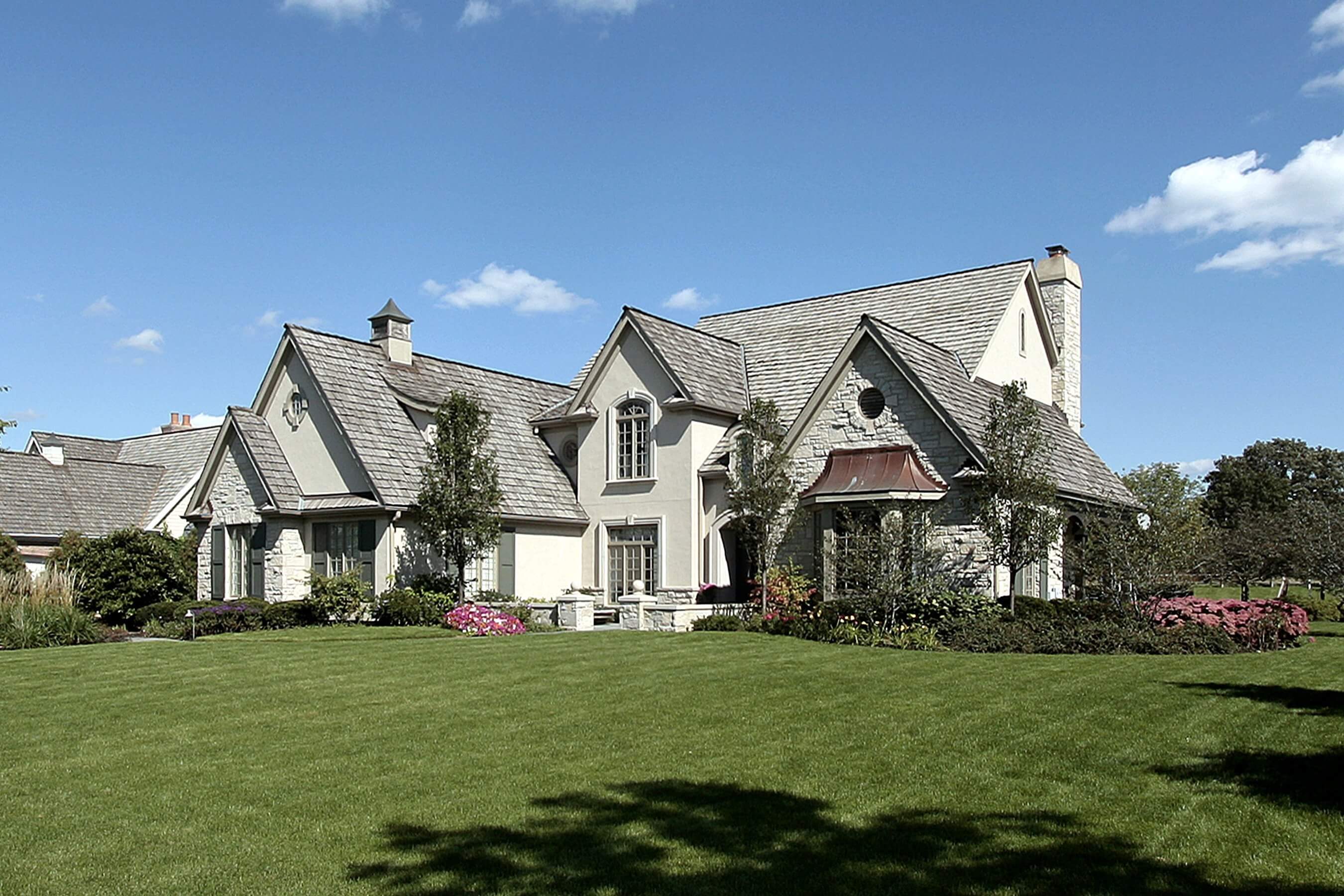Mediative Process
My Philosophy
I am a full-time mediator and arbitrator helping disputants and their advisors openly discuss their differences, identify and explore alternative settlement choices and assist in creatively shaping solutions to their disputes.
Conflict Resolution
Conflicts, especially about property, inheritance and employment rights and obligations, as well as claims against professionals and building contractors, often involve intensely personal interests and generate significant emotional feelings. As a mediator, I have earned a reputation for being sensitive to these interests, to how cultural diversity, gender and personality all impact the perception of rights and obligations and how they influence negotiation and dispute resolution. Disputants who are treated with dignity and respect, their cultural diversity validated and their points of view heard, become empowered to fashion their own “win-win” solutions. Utilizing well-honed negotiating skills and years of experience in the United Kingdom, Zimbabwe and the United States, I recognize the importance of all of these issues and strive to add real value to the process of dispute resolution.

Meeting Clients’ Expectations
Clients expect mediators to be good “listeners” who will offer them their “day in court”. Through being flexible, even “improvisational” about both process and substance, I meet those expectations in a safe and confidential environment. I am willing to be “evaluative”, if requested, to explore “what-ifs”, ask probing questions, offer “reality checks”, identify risks and benefits and explore settlement options with the goal of gently encouraging and creatively shaping solutions.
Meeting Lawyers’ Expectations
Lawyers expect mediators to be qualified and competent, non-aligned with any party, able to grasp issues from all perspectives and to work diligently for the benefit of all parties. I have mediated hundreds of disputes for over fifteen years and have more than forty years litigating cases for plaintiffs, defendants and insurers in both California and the U.K. I earned my law degree with honors from London University. My extensive mediation training includes the Straus Institute at Pepperdine University in Malibu, California, a symposium of the International Academy of Mediators at the Harvard Negotiation Project, Steve Rosenberg’s Basic and Advanced Mediator Training, among others. I have been a panelist on countless seminars on mediation and negotiation. I am honored to be a foundation member of both the California Academy of Distinguished Neutrals and the National Academy of Distinguished Neutrals and to have earned an “A-V” rating by Martindale, Hubbell.
Cross-cultural Disputes

At its core, mediation is a tool to bridge differences between disputing parties, but as globalization defines even the local legal and civil scene, cross-cultural differences have arisen as one of the central issues facing most mediators. California is a “melting pot” of people from all over the world, and home to the largest Hispanic and Asian populations in the United States, as well as a significant LGBTQ population. Even with second or third-generation Americans, differences in heritage or upbringing impact views over property or contract rights and obligations, for example and can lay the foundation for a serious dispute. Without a knowledge of the cultural and social elements playing a role in the dispute, an inexperienced mediator could miss some of the core constituents that caused the dispute in the first place and may well affect whether and how it gets resolved.
I believe mediation in a cross-cultural context means more than understanding language; it requires extensive knowledge of social customs as well as the dimension of culture. Through extensive training, reading and experience mediating hundreds of cross-cultural disputes, I have earned a reputation for being respectful and knowledgeable about how cultural diversity and personality impact the perception of rights, laws and obligations. I look for and can recognize both obvious and subtle language and behavior that signal what is important to disputants from diverse cultures in communicating their needs and interests. I am therefore able to probe for cultural biases while communicating in a culturally sensitive way.
Real Property Disputes

Real estate and property disputes come in all shapes and sizes, and sentiment over property often deepens the emotional weight of these disputes. Contract language is often written in “legalese” and difficult to understand. Imagine a seller or real estate broker who didn’t disclose to first-time buyers that the home they bought had problems potentially affecting its structure, value or desirability. Or, consider two business owners without a partnership agreement who are dividing a multi-million dollar company. Instead of the business owners or the new couple taking the issue to court, where exorbitant fees and delays essentially result in more wasted time, energy and money, real property mediation allows parties to reach a mutual settlement quickly and effectively.
Some common disputes related to land and property include neighbor disputes over rights of way, boundaries, adverse possession, trees and views, breaches of contract to buy or sell real property, misrepresentations, mortgages, joint ventures and partnership disputes or property development, to name a few.
Today, many real property contracts contain clauses requiring mediation or arbitration. Mediation in property disputes gives parties a voice to address their grievances, providing them with the chance to create their own innovative solutions. A forum for direct and informal communication and resolution-orientated discussion is unavailable in the court system. Having represented buyers, sellers, lenders, builders and insurers for many years, I understand all the technical issues involving property as well as the economic and psychological drivers behind disputes. It is through this experience that I have mediated and arbitrated solution-based disputes with realistic and fair outcomes.
Landlord-tenant Disputes

Disputes between landlords and tenants are as old as the business itself, and in many cases, tenants can easily resolve a dispute by speaking directly with their landlords. But when relations between a landlord and tenant are strained to a point where negotiations are impossible, it can help to bring in a neutral, third-party mediator to help negotiate a mutually agreeable resolution.
Whether the dispute involves eviction, foreclosure of rental properties, housing discrimination, non-habitability of residential apartments because of a lack of heat or other essential services, withheld security deposits, among many others, a trained and experienced mediator will focus on resolution-orientated and sensitive communications to promote a fair and reasonable solution for the parties involved.
Will & Trust Diputes

Wills, trusts and other inheritance disputes can be highly emotional and complex with significant financial consequences for families and loved ones. Sometimes financial elder abuse, undue influence, breaches of fiduciary obligations by trustees play a role in the conflict and are infamous for tearing families apart.
In order to avoid taking a will or trust dispute to court (which often results in deepened resentment within families as well as lengthy court battles that could drain the assets of the estate), mediation takes the emotionally charged dispute and gently moves the parties towards a long-lasting, mutually agreeable settlement. For it to work, however, the mediation must include validating the emotional weight, family dynamics or history as well as financial drivers that led to the dispute. As an experienced mediator, I recognize these issues and favor a process which allows parties to “vent” in a safe and confidential environment, while, at the same time, encouraging them, through sensitive communication towards a fair and reasonable resolution that preserves, rather than depletes family assets that may have taken a lifetime of hard work to accumulate.
Business, Contract & Employment Disputes

Reputation is everything when it comes to a business’s success, and there are few controversies as damaging to a business as a dispute with an employee or a contract dispute. Not only are business, contract, trade secret or employment disputes devastating for a company, but they are among the most expensive to litigate. Whether the dispute involves a breach of contract or warranty claim, employment discrimination, workplace sexual harassment, wage-and-hour claim, public policy tort violation, unfair competition, or any other business-related dispute, mediation can provide a quick and private resolution.
As a mediator who has represented businesses, employers and employees I have assisted parties and their attorneys in using the confidential and goal-orientated environment of mediation to promote communication, avoid emotionally charged litigation and come up with a mutually agreeable settlement. Due to the less adversarial, more conciliatory atmosphere of mediation, the disputing parties are given a rare chance to preserve potentially valuable business assets and preserve relationships, and public reputation.
Professional Malpractice Disputes

Also known as professional negligence, professional malpractice is defined as the negligence or incompetence of a professional that results in injury or other damages to an individual. Throughout my career, I have litigated and mediated malpractice involving real estate and insurance agents and brokers, lawyers, CPAs, architects and engineers.
In malpractice cases, plaintiffs and their attorneys must show the court that the professional failed to exercise the skill and knowledge normally associated with that profession, and in most cases, a lengthy and expensive court battle ensues. This is often difficult for a plaintiff to prove, but if successful, can result in the loss of reputation and standing in the community that it took the professional years to of study and practice to create.
Although many professionals are insured for errors and omissions, many are not. As a well-versed and skilled professional malpractice litigator and mediator, experienced in the substantive and insurance coverage aspects of malpractice, I work with parties, attorneys and insurers to resolve these cases,
guiding negotiations that incorporates a realistic view of the dispute, and because of the confidential nature of mediation, neither party has to experience a loss of reputation.
Personal Injury Disputes

In the past, personal injury cases that could not be settled through direct negotiation were typically settled in the courtroom. Today, and whether a person was injured due to a car accident, slip and fall, defamation or a dog bite, mediation has become a popular option and even the preferred method of resolving a personal injury dispute.
By sitting with a third-party mediator experienced in personal injury, a mutually satisfactory solution can be ironed out. Mediation puts a face and a personality on a personal injury disputes, and if no solution seem possible through direct negotiations, as a mediator, I work with lawyers and insurance adjusters to achieve a resolution that, if not “perfect” for either side, is one that everyone can live with and move on with their lives.
Employment

Conflict between employers and employees or between employees, themselves is quite common in the workplace. However, most of the time, such disputes can be handled through honest discussions, or by escalating the problem through the ranks of management or HR. However, although disagreements are a normal part of working with people of various viewpoints and backgrounds, illegal actions, such as harassment, sex or age discrimination, and wrongful termination are not.
These types of disputes often arise when an employee feels he has been singled out for offensive treatment (harassment) or loss of employment because of discrimination based on his or her race, color, religion, national origin, age, disability, sex, marital or familial status, state of pregnancy, sexual orientation, genetic information, military service, or criminal record. They may also occur when an employee feels he has been denied fair compensation or forced to work in a way prohibited by applicable wage-and-hour laws.
These types of employer-employee disputes most often end up in lawsuits; however such suits are often long, complex, expensive, and only contribute to continued ill-will. As an experienced mediator who is skilled in recognizing the cultural and ethnic overlay that often permeate workplace disputes, I can help encourage parties to voice their viewpoints in a non-threatening atmosphere, which can lead to improved understanding, if not improved relationships. Keeping such issues out of the courtroom also protects each party’s privacy and reputation, making negotiation the preferred first option for many.








